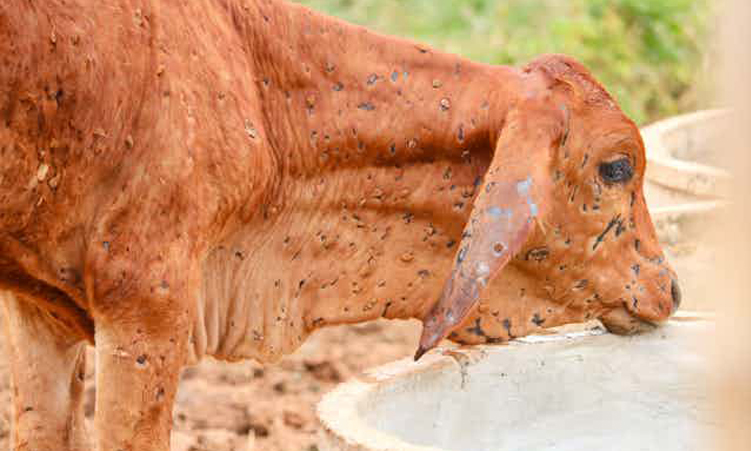NAMIBIA has taken significant steps in preserving its biodiversity, says a just-released publication.
The publication, ‘Biodiversity and Development’, was launched by Environment and Tourism Minister Willem Konjore in Windhoek on Monday. It says Namibia has produced a biodiversity country study, which was done in 1998, while it also has a National Biodiversity Strategy and Action Plan.The UN Convention on Biological Diversity, to which Namibia is a party, requires signatories to produce a study that provides an overview of the current status of its biodiversity.The first part of the publication deals with the value of biodiversity, while the second addresses Namibia’s efforts to conserve and manage biodiversity.Biodiversity covers all forms of life, from the smallest microbe to the largest mammals, trees, and other living organisms.The term is also used to describe interactions between organisms, such as parasites and hosts or algae and fungi.In an effort to have its own biodiversity experts, the University of Namibia has designed a master’s degree course with help from Humboldt University in Berlin, Germany.The course started yesterday.The launch of the publication coincided with the commemoration of the International Day of Biodiversity on May 22.At the occasion, Konjore said in Namibia population pressure and poor land management and land-use practices are causing a loss of biodiversity in large areas.He said the impact of these processes pose a long-term threat to the natural resource base on which life depends.The UN Convention on Biological Diversity is one of three multilateral environmental agreements that emanated from the 1992 Earth Summit held in Rio de Janeiro.The other two, to which Namibia has also acceded, are the UN Convention on Climate Change and the UN Convention of Combating Desertification.It says Namibia has produced a biodiversity country study, which was done in 1998, while it also has a National Biodiversity Strategy and Action Plan.The UN Convention on Biological Diversity, to which Namibia is a party, requires signatories to produce a study that provides an overview of the current status of its biodiversity.The first part of the publication deals with the value of biodiversity, while the second addresses Namibia’s efforts to conserve and manage biodiversity.Biodiversity covers all forms of life, from the smallest microbe to the largest mammals, trees, and other living organisms.The term is also used to describe interactions between organisms, such as parasites and hosts or algae and fungi.In an effort to have its own biodiversity experts, the University of Namibia has designed a master’s degree course with help from Humboldt University in Berlin, Germany.The course started yesterday.The launch of the publication coincided with the commemoration of the International Day of Biodiversity on May 22.At the occasion, Konjore said in Namibia population pressure and poor land management and land-use practices are causing a loss of biodiversity in large areas.He said the impact of these processes pose a long-term threat to the natural resource base on which life depends.The UN Convention on Biological Diversity is one of three multilateral environmental agreements that emanated from the 1992 Earth Summit held in Rio de Janeiro.The other two, to which Namibia has also acceded, are the UN Convention on Climate Change and the UN Convention of Combating Desertification.
Stay informed with The Namibian – your source for credible journalism. Get in-depth reporting and opinions for
only N$85 a month. Invest in journalism, invest in democracy –
Subscribe Now!










